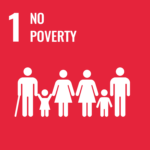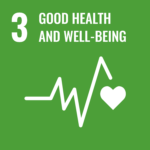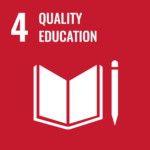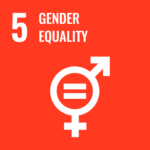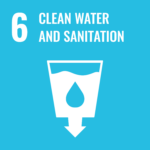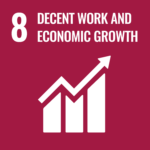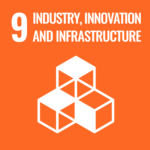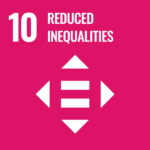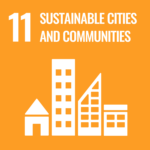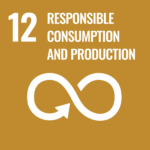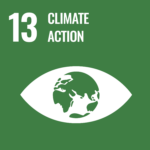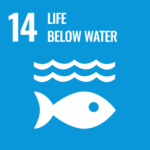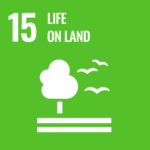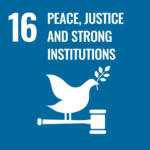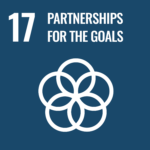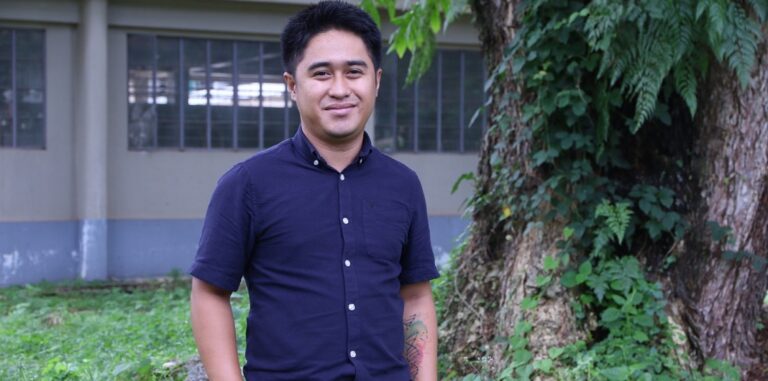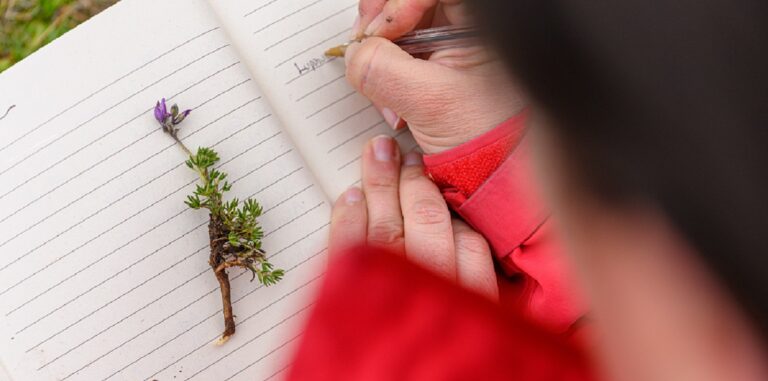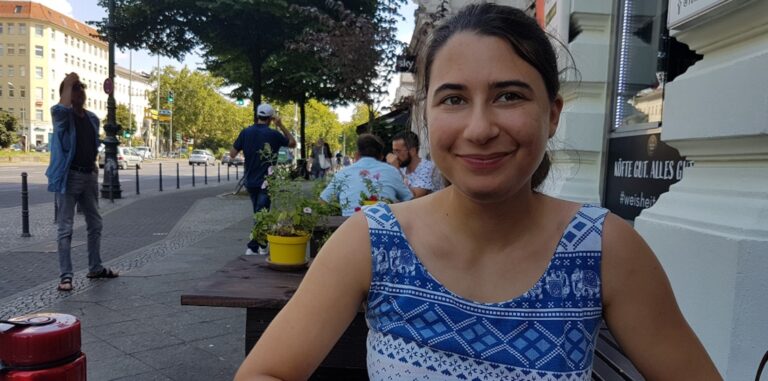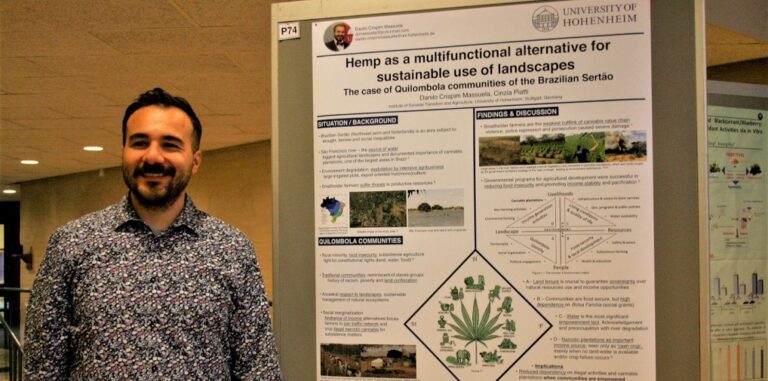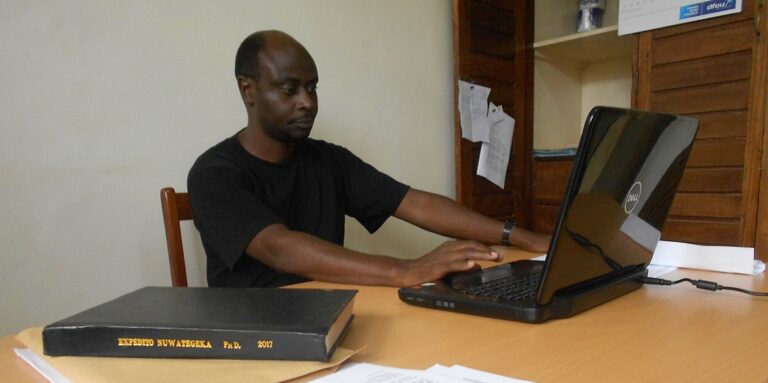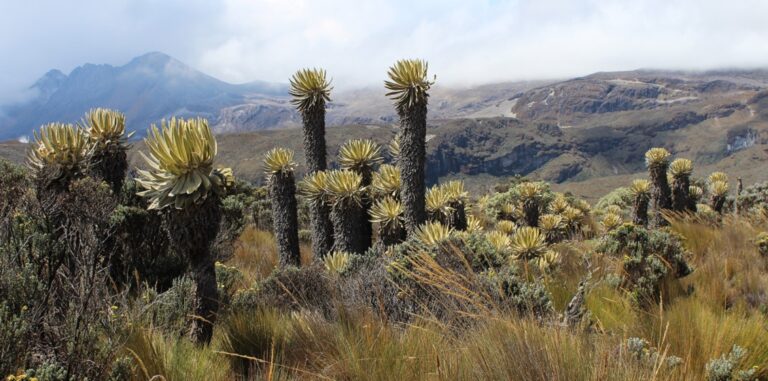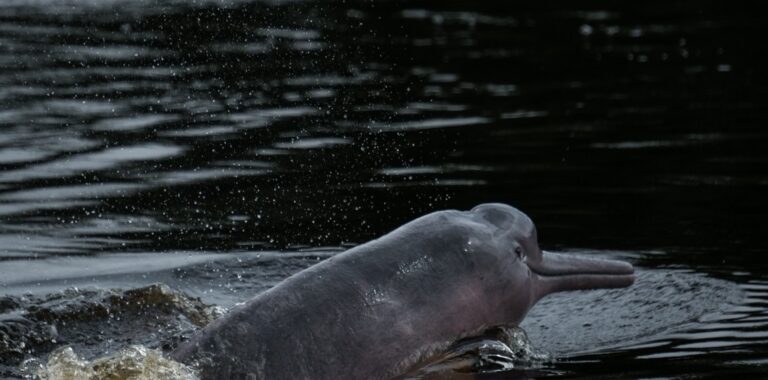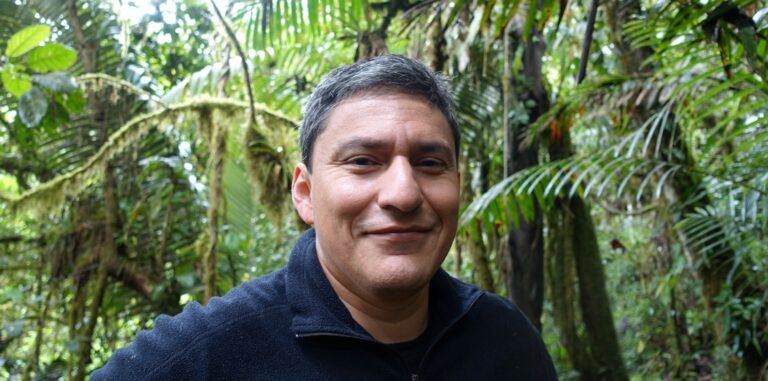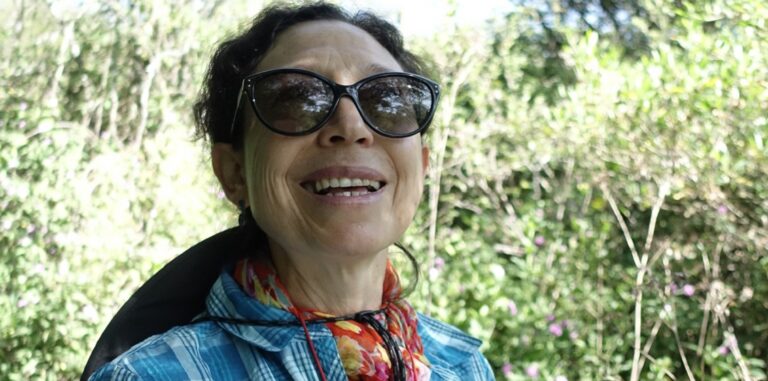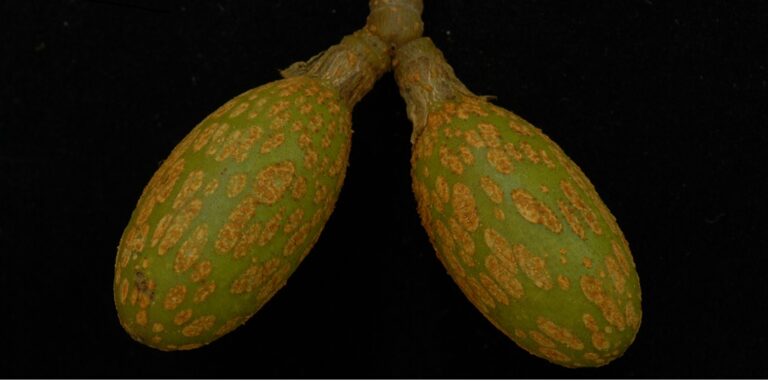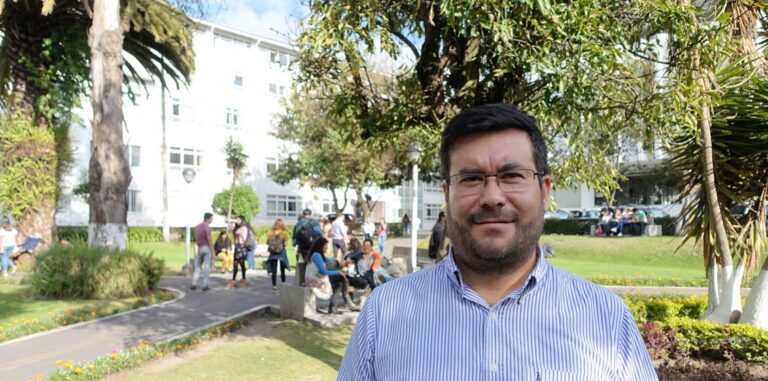Learning from one of the marginalised sectors in society – the Higaonon tribe of Bukidnon, Philippines
While we fight for the last grain to survive, the Higaonon tribe – a group of indigenous peoples in the remote mountain villages of Bukidnon, Philippines – have lived for centuries utilising the plant resources in their ancestral land. These resources play an essential role in the resilience of the Higaonon tribal community.
Read More
New research 2021: Illegal resource extraction and state formation in emerging African democracies
The Independent Research Fund Denmark – Social Sciences has granted DKK 2,7 mill. to Postdoc Paul Austin Stacey, Department of Social Sciences and Business, Roskilde University.
Illegally accessed resources comprise an expanding, billion-dollar sector in many sub-Saharan African countries. The new project is focusing on illegal gold mining in Ghana.
Read More
Female scientist fighting for her place studying climate change in Ecuador
Meet the Ecuadorian scientist who defied machismo-culture in the academic world in Ecuador, to study thoroughly a big passion for her – climate change and its effects on her native mountain region and in the end the water supply in the country.
Read More
ELLS student conference – connecting life science students, sharing research
There are many opportunities for European and non-European students to travel around in Europe and in the world to meet other students and different realities. DDRN university intern, Dori Zantedeschi, joined the ELLS conference 2019 for life science students in Uppsala, Sweden, Here she introduces the conference and interviews three non-European students.
Read More
Being a Quilombola farmer and being considered a drug dealer
In November 2019, I was In Uppsala for the ELLS Student Conference (see article), organized by Swedish University of Agricultural Sciences in Ultuna campus. On the second and last day of the conference, I went to Danilo Crispim Massuela’s poster presentation. I like poster presentation, because the atmosphere is more familiar since you stand all around the poster and the presenter.
Read More
Indigenous Knowledge (IK) and the new face of Uganda’s PhD
The first time I spoke to Dr. Expedito Nuwategeka was on the telephone. In my mind I saw the image of a 60-year old man sitting on a wooden chair with piles of books at his table. However, that is not the image I arrived to at Gulu University on an April afternoon to meet him.
Read More
“The spectacled bear just doesn’t sell as well as the polar bear”
The Colombian hydroclimatologist Daniel Ruíz Carrascal is one out of only three IPCC authors from Colombia. He has dedicated his life to studying climate change, especially in the mountains and the páramos (the moorlands). And he is worried about the future - he doesn’t have a clue what will happen with those fast and important changes.
Read More
When the Amazon is on fire, one of the many species affected is the Pink River Dolphin
Meet a Colombian scientist, passionately researching about the pink river dolphin, a crucial species to protect aquatic ecosystems in the Amazon. The enormous habitat of those border-crossing dolphins makes them a key-species to protect big areas. If they are well, so is the Amazon. And when the Amazon is on fire, it affects species like the dolphin, as well.
Read More
Conserving palms is conserving the ecosystems
Meet the Ecuadorian palm-expert who has dedicated almost twenty years of his career to specialize in this plant-family which is widely popular – for conservation and industrial purpose. Just in Ecuador there are 140 palm species – and this man knows to distinguish them all.
Read More
She is researching, what no-one pays attention to
Once dry tropical forests in Ecuador were common ecosystems. Now there is only eight % left of this type of forest, which has had the bad luck to compete with the most invasive of all species: The humans. Meet the Ecuadorian scientist who has specialized in the dry tropical forests.
Read More
Researching the most biodiverse place on earth
Danish support to research in Ecuador has contributed to document the mega biodiversity in the national park of YASUNI – the biggest in the country, the most famous – and also by far the most controversial national park – maybe even in the South American continent.
Read More
Documenting biodiversity in Ecuador – the ENRECA contribution
At Pontificia Universidad Católica del Ecuador (PUCE), a large university in Quito, the capital of Ecuador, one of the leading researchers, Hugo Navarrete, recalls the support by Danish colleagues during his early career in tropical biology.
Read More



